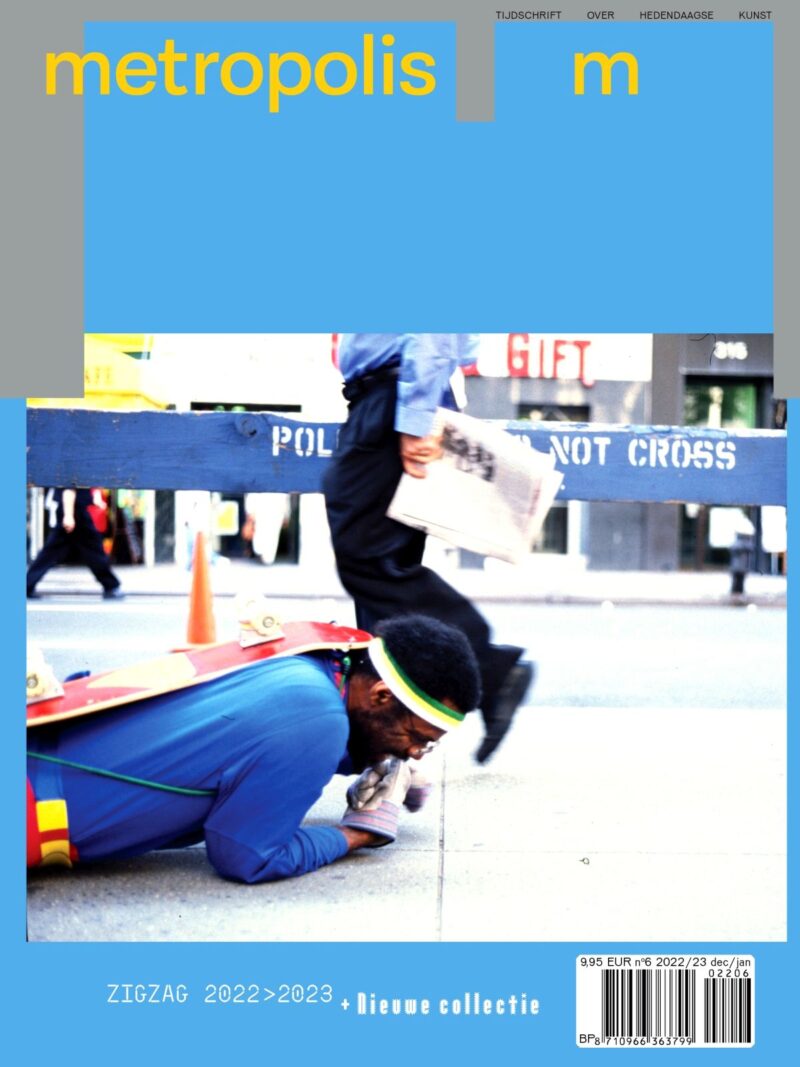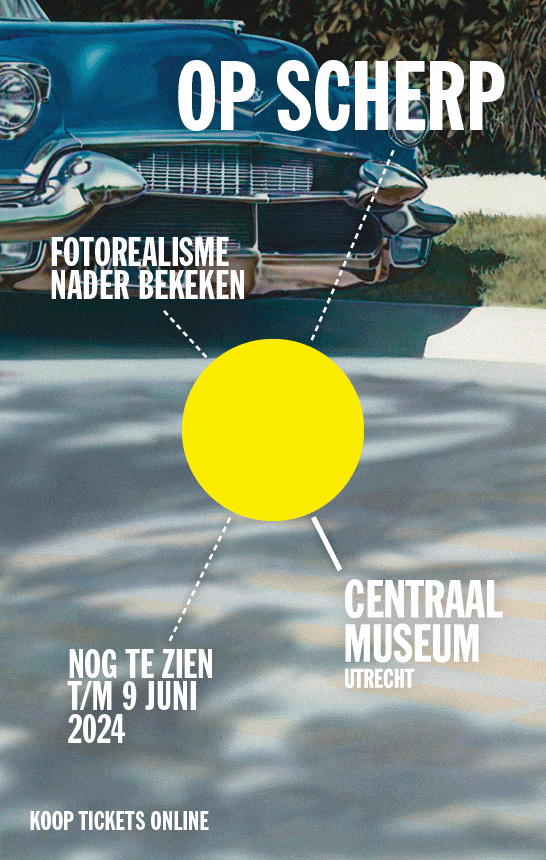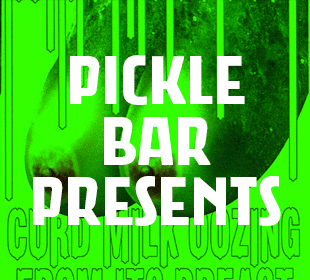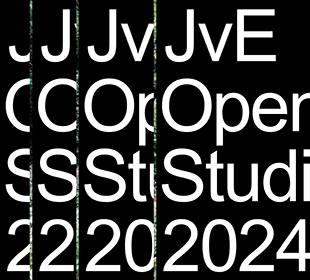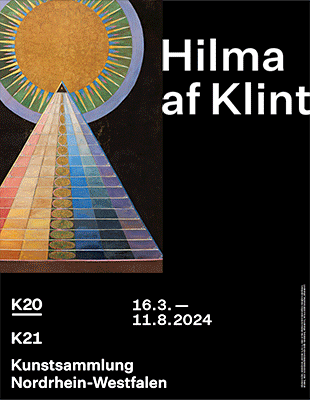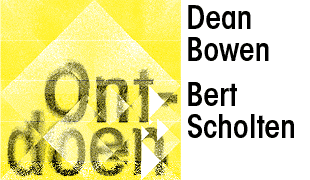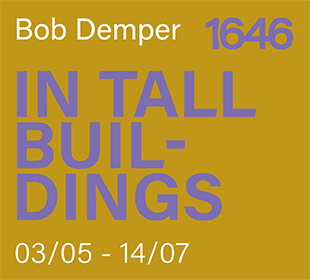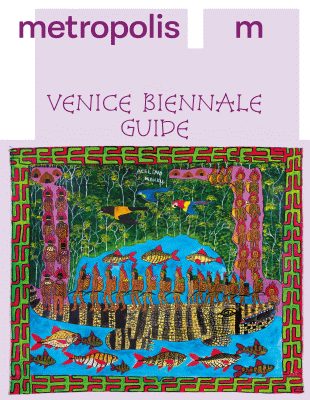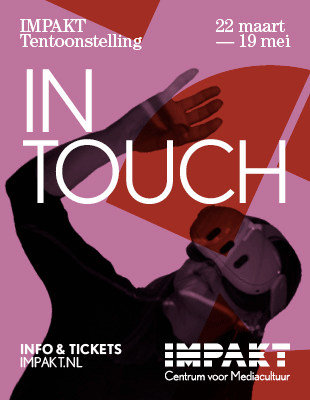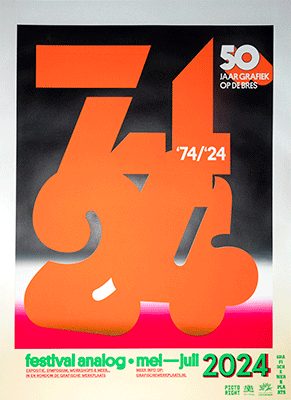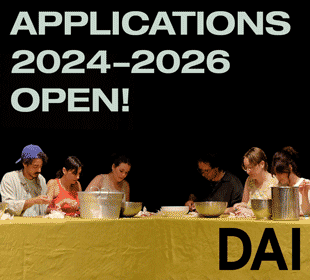Onwards and Midwards
Dear A.,
Those who know me know that I tend to struggle with epistolary modes of address. It might have to do with my unease at reaching out to someone whose absence at a precise moment in space and time is being required to account for and deal with; it also comes with a stylistic imperative to want to personify particular dynamics and events I would otherwise be unable to make sense of or articulate in the first-person singular. This is somewhat further complicated by the fact that you are indeed not a person, but a city, and one towards which I hold ambivalent, if not entirely impersonal, feelings. Yet here I am, agreeing to partake in this exercise.
If I were to retrace my steps and reflect on our initial point of encounter, I would have to go back to finding myself — sometime between the ruination of Lebanon’s popular uprisings and the sudden emergence of the ongoing global Covid-19 pandemic. I would have to draw a certain line of flight, the recourse to which simultaneously entails a share of personal agency, but also of playing the cards one has been dealt. Kristin Ross writes: ‘If the wave is both the enormity of the [1871 Paris] Commune’s aspiration and accomplishments and the violence of the massacre that crushed it, then in the wake of and in the midst of these two counter-movements […] a tiny system of airholes, the evidence of an unseen world, appears ─ already ─ in the sand.’ Despite their crushing failure to delink our collective fate from the barbarism of neoliberal governance, Lebanon’s popular uprisings were and remain a gesture in worldmaking. Landing in the Netherlands did not so much seem to me like a dismissal of that collective project so much as a selfish yielding to the promise of temporary rest and recreation. I’m often reminded that you were built on sand; to be fair, though, it was never my intent to dig for evidence of unseen worlds in your midst.
As a guest, I managed to easily locate your ins and outs; the Calvinist ethos that shapes your occupancy in the physical world is at fault here. Besides, you don’t appear to harbor many secrets, but that may as well be an out-turn of your tendency to raze away markers and indices of past unrest. Annie Ernaux instructs us that, ‘of all the ways in which self-knowledge may be fostered, perhaps one of the greatest is a person’s ability to discern how they view the past, at every time of life and every age.’ I wonder whether you’ve ever managed to do that work, although it’s neither up to you nor I to assess this. If we were to lend our ear to the racialized communities you’ve accommodated with varying degrees of scorn and subjugation, we would hear their resounding, unequivocal ‘NO’. And what of this cultural archive Gloria Wekker speaks of in relation to the Netherlands, this ‘racial grammar’ shaped through imperial conquest and enslavement that continues to dictate everyday encounters: how does one dispose of it and why has it yet to be laid bare on your walls?
I’ll confess that even for someone like me, save a few unsavory interactions with the Immigratie- en Naturalisatiediens or a few arts institutions, it remains somewhat possible to disregard violent spillages and make merry in the innocence you carefully project. I’ve tried it, and it has curiously brought me some peace of mind ─ trading resentment for gratitude is a piece of advice I generally wouldn’t mind passing along to others. There comes, however, a tipping point when repression becomes inconceivable, if not altogether sociopathic. Francis Fukuyama once said during a visit that in the Netherlands ‘the end of history has been reached some time ago’. Things have never stopped happening for people who live within your fenced borders, but do you even care to know what these things are?
Some months ago, I left you for Berlin in a hurry, exactly two years after first settling in a cozy studio near Bos en Lommerweg. I hadn’t planned to leave like that but realized, albeit quite belatedly and only as soon as my subsidized housing contract expired, that I simply couldn’t afford you. You’re routinely accused of conceding to the excesses of entrepreneurs in ways that other European cities have yet to. I don’t know where Berlin is heading, but that’s not the totality of what’s been on my mind. Even though one could also argue that, since the disintegration of the Eastern Bloc, it has also come to cherish and perform its own end to history, Berlin hasn’t been as successful as you in hollowing out the traces, borderlines, and specters of events that define its past. What to make of the ‘utopian margins’ of yesteryears, per Avery F. Gordon, which, with persistence and effort, one can find lodged in everyday objects, or in strangers’ homes, or near a railway station? This is a question myself and countless others are interested in sitting with. You seem to persist in your undecidedness.
Edwin Nasr
(hen/hun) is enkele maanden geleden van Amsterdam naar Berlijn verhuisd. Hen is curator bij CCA Berlin en bij Ashkal Alwan, Beirut, en heeft recentelijk het Curatorial Programme en de Research Fellowship afgerond bij De Appel